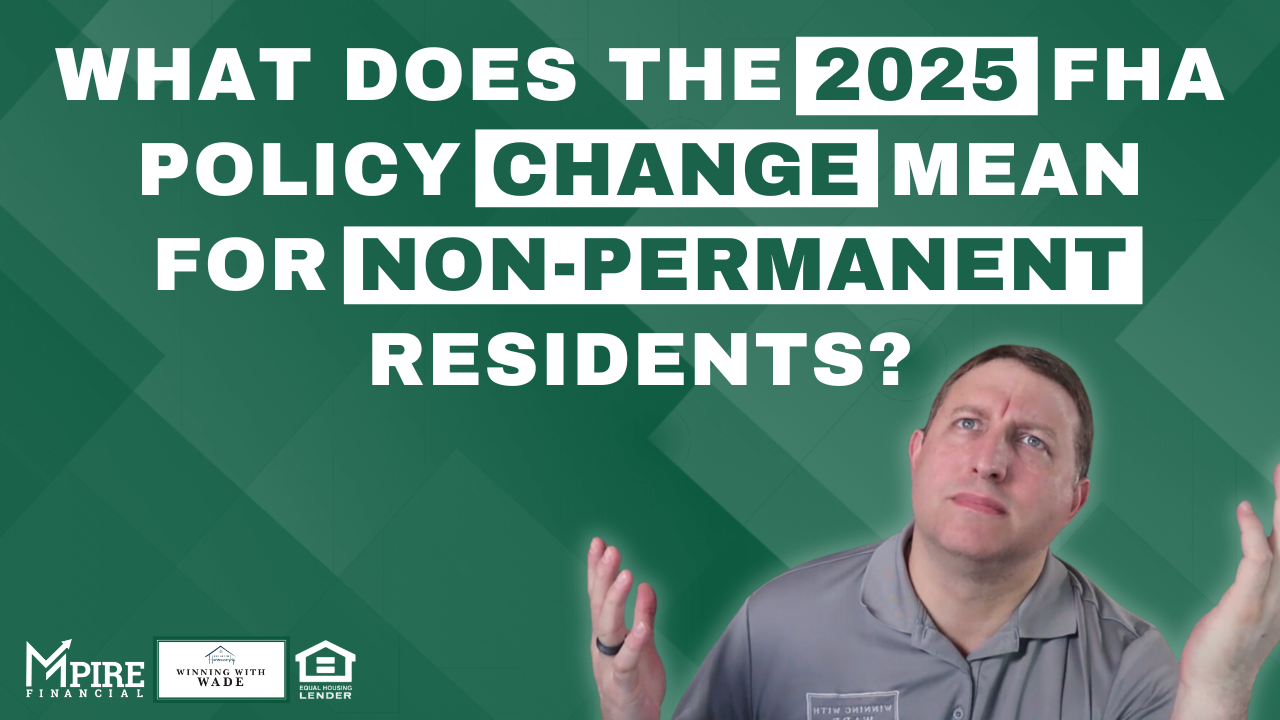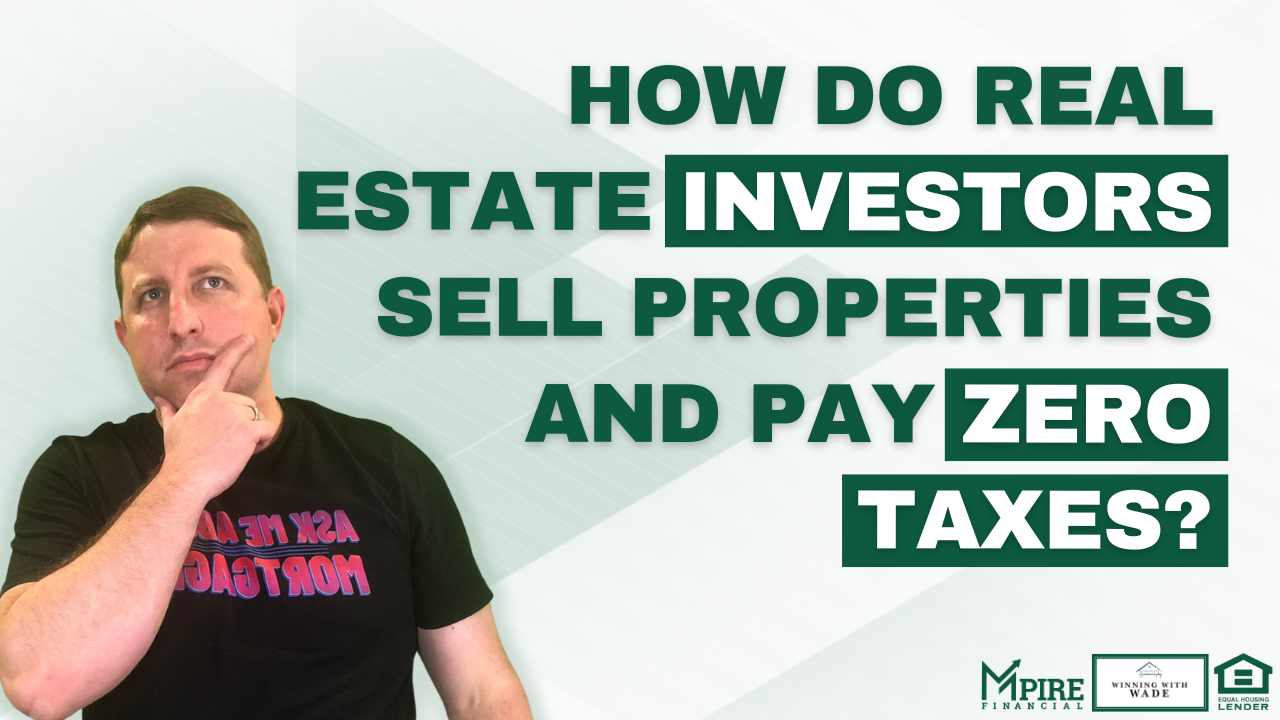The Federal Housing Administration (FHA) has long been a vital tool for helping Americans achieve…
FHA Disaster Relief: Your Guide to Financial Support After a Natural Disaster
FHA Disaster Relief – Natural disasters can strike at any time, leaving communities devastated and families wondering how to rebuild their lives. If you or someone you know has been affected by a natural disaster, there is hope.
This program is designed to provide financial support to homeowners and renters whose homes have been damaged or destroyed, helping them get back on their feet.
What is the FHA Disaster Relief Program?
The Federal Housing Administration (FHA) offers a lifeline through its disaster relief program under Section 203(h) of the National Housing Act. This program provides financial assistance to people whose primary residences have been affected by a Presidentially Declared Major Disaster Area (PD MDA). Whether it’s a hurricane, tornado, flood, or fire, the FHA program helps you purchase a new home or reconstruct your damaged property.
Key Benefits of the FHA 203(h) Program
The FHA disaster relief program stands out due to its unique benefits, designed to make the recovery process as smooth as possible:
- No Down Payment: One of the most remarkable aspects of this program is that no down payment is required. That’s right—if your home was in a disaster area, you may be eligible for 100% financing. This allows you to focus on rebuilding without worrying about a large upfront cost.
- Flexibility in Financing: Whether you’re buying a new home or refinancing an existing one for reconstruction, the FHA 203(h) program is flexible enough to suit your needs. It applies to both renters and homeowners whose primary residences have been significantly damaged or destroyed.
- Mortgage Payment Exclusion: If you already have a mortgage on a property that was destroyed, the FHA program allows lenders to exclude the mortgage payment from your financial liabilities. This means your existing mortgage won’t prevent you from qualifying for new financing.
- Credit Flexibility: Another compassionate feature of this program is how it handles credit history. If you fell behind on payments because of the disaster, late payments caused by the disaster won’t be counted against you—as long as you weren’t more than three months behind before the disaster occurred.
Enhancing Your Relief with the FHA 203(k) Rehabilitation Mortgage
For those whose homes need extensive repairs, the FHA 203(k) Rehabilitation Mortgage can be used alongside the disaster relief program. This adds even more support for repairing or reconstructing your home, making sure you have all the financial assistance you need to move forward.
Application Process for FHA Disaster Relief
The application process for the FHA disaster relief program is straightforward, but there are some important deadlines to keep in mind:
- Timeframe: You must apply for assistance within one year of the disaster being declared by the president. In some cases, extensions may be granted, but it’s always best to act quickly to ensure you don’t miss out on this vital support.
- Documentation: Be prepared to provide documentation that proves your home was in the declared disaster area and that it was your primary residence.
- Reach Out for Help: Don’t hesitate to contact professionals who can guide you through the application process. There are experts available to answer your questions and help you navigate the complexities of the FHA programs.
Why the FHA Disaster Relief Program Matters
Recovering from a natural disaster is no easy task. The stress and uncertainty can feel overwhelming, but the FHA 203(h) program is designed to ease that burden. By providing financial support with no down payment and flexibility in financing, this program allows disaster survivors to focus on what truly matters: rebuilding their homes and their lives.
The ability to exclude existing mortgage payments and ignore disaster-related late payments from your credit report is a game-changer for those worried about how the disaster will impact their future financial decisions.
Personal Insight: A Story of Hope After Hurricane Katrina
As someone who has firsthand experience surviving a natural disaster, I understand how challenging it can be. After surviving Hurricane Katrina in New Orleans, I know just how crucial it is to have resources like the FHA disaster relief program available. It can make all the difference in your recovery journey.
Frequently Asked Questions About the FHA Disaster Relief Program
Q: Who is eligible for the FHA 203(h) program?
A: Homeowners and renters whose homes were completely destroyed or significantly damaged in a Presidential Declared Major Disaster Area are eligible. The property must have been your principal residence.
Q: Do I need to provide a down payment?
A: No, one of the major benefits of this program is that no down payment is required. You are eligible for 100% financing.
Q: Can I use the program if I’m already behind on my mortgage payments?
A: Yes. If your payments fell behind because of the disaster, the FHA will often exclude those late payments from your credit report, as long as you weren’t already three or more months behind before the disaster.
Q: How long do I have to apply?
A: You must apply for the FHA disaster relief program within one year of the presidential declaration of the disaster. Extensions may be granted, but don’t delay in starting the process.
Take Action Today
If you or someone you know has been affected by a natural disaster, don’t wait to seek help. The FHA disaster relief program is a vital resource that can help you recover and rebuild. Whether you’re looking to purchase a new home or need assistance with repairs, the FHA has solutions tailored to your needs.
Reach out to us today to learn more about how this program can benefit you. We’re here to answer your questions and guide you through the entire process. Click the link in the description to schedule a time to chat with our team.
Final Thoughts
Recovering from a disaster is never easy, but the FHA disaster relief program provides a much-needed financial lifeline. With no down payment required, flexible financing, and compassionate credit relief, it’s designed to help you rebuild your life as quickly and smoothly as possible.
Don’t go through this process alone. Contact us today for support, and let us help you take the first steps toward recovery.
FHA Disaster Relief Program: Frequently Asked Questions (FAQ)
1. What is the FHA Disaster Relief Program?
The FHA Disaster Relief Program, specifically under Section 203(h) of the National Housing Act, is designed to provide financial assistance to homeowners and renters whose homes have been damaged or destroyed in a Presidentially Declared Major Disaster Area (PD MDA). The program helps people purchase a new home or reconstruct their damaged property.
2. Who qualifies for the FHA Disaster Relief Program?
To qualify for the program:
- You must be a homeowner or renter whose residence was in a Presidentially Declared Major Disaster Area.
- The property must be your primary residence and must have been significantly damaged or completely destroyed.
3. Is a down payment required for this program?
No, the FHA 203(h) program offers 100% financing, meaning no down payment is required. This feature makes it easier for disaster survivors to focus on rebuilding without worrying about a large upfront cost.
4. What types of homes are eligible for this program?
The program applies to single-family homes or residences that were your primary home at the time of the disaster. You can use the funds to either purchase a new home or reconstruct your existing damaged property.
5. What if I already have a mortgage on the destroyed property?
If you already have a mortgage on a property that was destroyed, the FHA allows lenders to exclude the mortgage payment on the destroyed home from your financial liabilities. This means your existing mortgage won’t prevent you from qualifying for new financing for a replacement home.
6. Can I use the FHA 203(h) program if I’ve fallen behind on my mortgage payments?
Yes. If you’ve fallen behind on payments due to the disaster, late payments caused by the disaster will often be excluded from your credit report. However, you must not have been more than three months behind on your mortgage before the disaster occurred.
7. How does the FHA 203(k) Rehabilitation Mortgage work with this program?
You can combine the FHA 203(k) Rehabilitation Mortgage with the 203(h) program for even more financial support. This additional option helps cover the costs of repairing or reconstructing your damaged home.
8. How long do I have to apply for the FHA Disaster Relief Program?
You must apply within one year of the Presidential Disaster Declaration. In some cases, extensions may be granted, but it’s recommended to start the process as early as possible.
9. What credit requirements are needed for this program?
The program is more lenient with credit history, especially if your financial situation was affected by the disaster. Late payments that resulted from the disaster are often excluded from your credit report as long as you weren’t already significantly behind before the disaster.
10. Does this program apply to renters as well as homeowners?
Yes, renters can also qualify for the program if their primary residence was in the disaster area and was destroyed or significantly damaged.
11. Are there any fees associated with applying for this program?
There are no upfront fees specific to the FHA disaster relief program itself, but you may encounter typical closing costs related to purchasing or refinancing a home. It’s recommended to consult with your lender for details on these potential costs.
12. What documentation will I need to provide when applying?
You will need to provide:
- Proof that your property was located in a Presidentially Declared Major Disaster Area.
- Documentation that shows the property was your primary residence.
- Additional documentation as requested by your lender to prove the extent of damage and your financial needs.
13. Can I apply for the program if I plan to move to a different location after the disaster?
Yes, you can use the FHA 203(h) program to purchase a home in another location if your primary residence was in a disaster area and was significantly damaged or destroyed.
14. How do I start the application process?
To get started, contact an FHA-approved lender or reach out to your local HUD office for assistance. It’s important to begin the application as soon as possible, within the one-year time frame after the disaster is declared.
15. Where can I get help with the application process?
You can work with an FHA-approved lender or consult with housing experts who are familiar with disaster relief programs. They can guide you through the paperwork and help ensure you meet all necessary deadlines.
16. Can this program be used for home repairs as well?
Yes, you can use the FHA disaster relief program in combination with the FHA 203(k) Rehabilitation Mortgage to cover the costs of home repairs and reconstruction.
17. What happens if I don’t apply within the one-year timeframe?
If you miss the one-year application deadline, you may lose eligibility for the program unless an extension is granted. It’s important to take action quickly to ensure you receive the assistance you need.
18. Is this program available nationwide?
The FHA 203(h) disaster relief program is available to people in areas designated as Presidentially Declared Major Disaster Areas. This means that the program is only activated for those affected by disasters recognized by the federal government.
19. Can I apply even if I’m already receiving disaster assistance from another source?
Yes, the FHA disaster relief program can work in conjunction with other forms of disaster assistance. Be sure to discuss your situation with your lender or a HUD advisor to ensure there are no conflicts with other aid you’re receiving.
20. How long does it take to get approved for the FHA Disaster Relief Program?
The approval process can vary depending on your lender, the documentation you provide, and other factors. However, the process is designed to be efficient, so it’s best to gather all required documents early to avoid delays.




